English Pronunciation and Syllabic Consonants
by Jim Vinci
(Des Plaines, Illinois 60018)
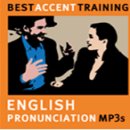
I have been working on building a database of American English words and am developing what I call ease of pronunciation and ease of spelling indexes for each word. These indexes depend on the frequencies of the phoneme and grapheme correspondences, which my computer program identifies based on stored information on pronunciation for each word.
I have struggled a bit with how to characterize and identify syllabic consonants, and dictionaries are of no help. Would you say that the letter 'l' in words like azalea, Australia, and Amelia are syllabic? Are there rules that govern syllabic consonants? Also, would you say that the letter 'l' in these words are dark or clear?
Thanks for your help.
Jim
Need help improving your Accent?
Read why I love Charles Becker's "Best Accent Training MP3's".

Accent Reduction MP3 Course
Comments for English Pronunciation and Syllabic Consonants
|
||
|
||
Still looking? Search the site for exactly what you need using the site search box below.
Happy exploring!
Discover these Amazing ESL Materials!
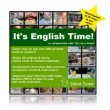 |
 |
 |
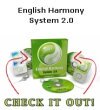 |
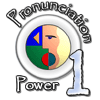 |
 |
 |
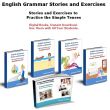 |
 |
 |